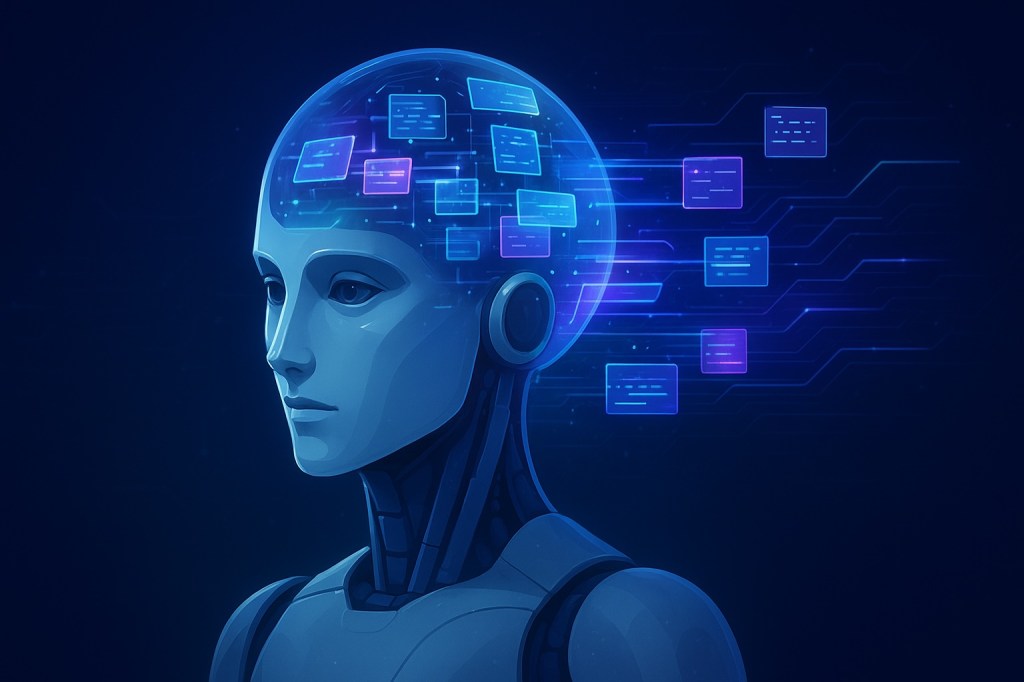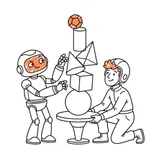AI agents learn to remember what works
New research gives AI agents procedural memory that learns from failures and transfers between tasks. Early results show higher success rates with lower token costs—potentially solving the economics that have held back agent adoption.

AI agents have traditionally been costly trial-and-error tools, but new research from Zhejiang University and Alibaba shifts this trend. Their "Memp" framework provides agents with procedural memory—the "how to" knowledge that carries over between tasks, not just the "what happened" from individual conversations.
Currently, agents restart from scratch each time. A network glitch halts a workflow? They start again. Schema changes that break integration? They have to begin anew. Memp agents, however, learn from failures and develop reusable patterns across tasks, dramatically reducing the number of steps and token costs during testing.
This shifts focus from "will agents work reliably?" to "how do we design learning loops that compound value over time?" That creates a different procurement discussion with legal and a better risk profile than betting on perfect execution from day one.
The researchers identify the right next challenge: most enterprise tasks lack clear success signals. How do you know if a research report or compliance analysis is good enough to learn from? They suggest LLM-as-judge approaches, which creates new questions about audit trails and accountability in self-improving systems.



